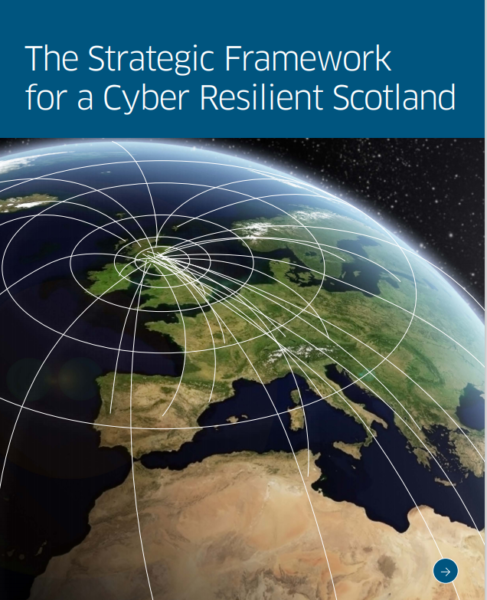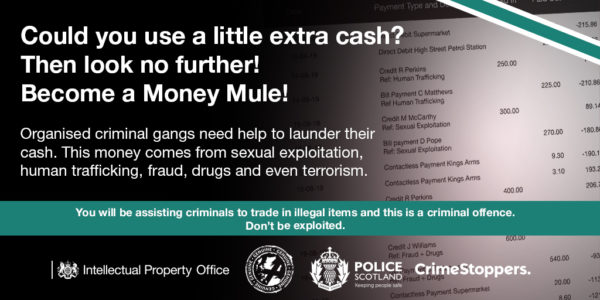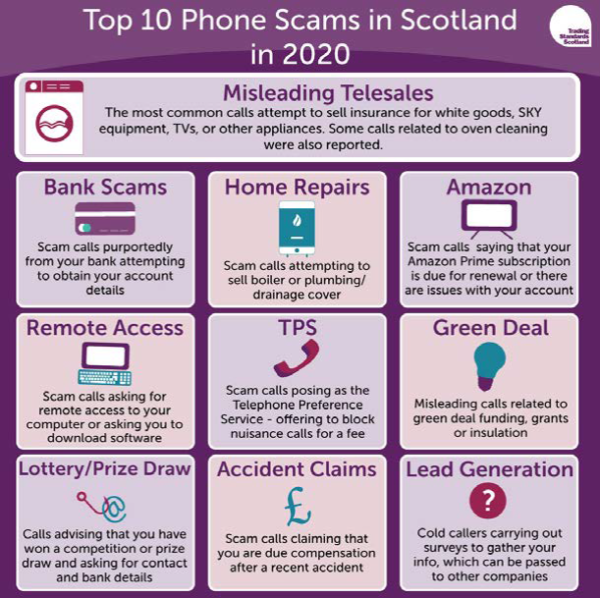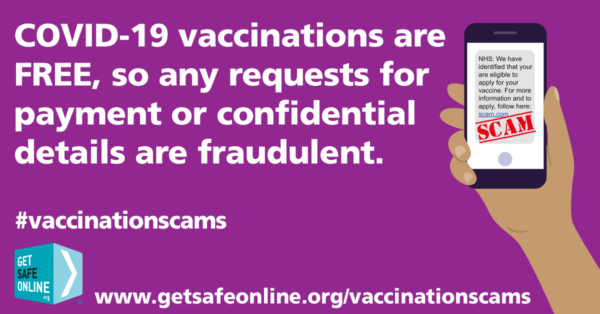Case Study – The importance of reporting
We can’t overemphasise the importance of reporting to reduce the potential harm caused by cyber incidents. The sooner you report, the quicker it can be resolved and less damage it will cause. Every organisation will be different but your IT team or line manager are usually the best place to start in the workplace.
You can help to play your part in protecting others by reporting suspicious activity online and help make the internet a safer place. Reporting online crime however insignificant it may seem, can help to reduce the chances of others becoming victims. Reporting incidents could help the police and other law enforcement agencies to link your experience to similar reported incidents – building a picture of threats and trends and helping allocate resources to fight them more effectively.
The NCSC’s Suspicious Email Reporting Service was launched last April as part of the Cyber Aware campaign, which promotes protective behaviours to keep your online accounts and your devices as secure as possible. The service has seen a massive response from the public with over 5,000,000 reports submitted which has led to the removal of more than 36,000 scams. To use the reporting service, people are asked to simply forward suspect emails to report@phishing.gov.uk. If they are found to link to malicious content, it will be taken down or blocked, helping prevent future victims of crime.
In June 2020, the Advertising Standard Authority (ASA) launched a Scam Ad Alert system in partnership with major online ad and social media platforms, including Google and Facebook, to help tackle scam ads online. They launched the system because, while the overwhelming majority of ads responsibly inform and entertain their audience, some are published with criminal intent. Scam ads lead unsuspecting consumers to sites which fleece and leave them out of pocket. Consumers have been reporting scam ads appearing in paid-for spaces online to the AVA via this online form. They have dedicated resources to assess these reports within 24 hours, enabling them to quickly and effectively alert platforms to scam ads so that they can promptly remove them, suspend the advertisers’ accounts and stop similar ads appearing in future. ASA have produced a 6 month review highlight key stats and trends since the launch of this tool. Reporting scam ads helps to keep everyone safe online, so if you are concerned about a potentially bogus ad you see in paid-for space online, please report it using this form.
Cyberattacks are crimes and as such consideration should be given to reporting the attacks to Police Scotland. If you become a victim of fraud or cybercrime you can report this to Police Scotland by calling 101 or in person at any Police station.














